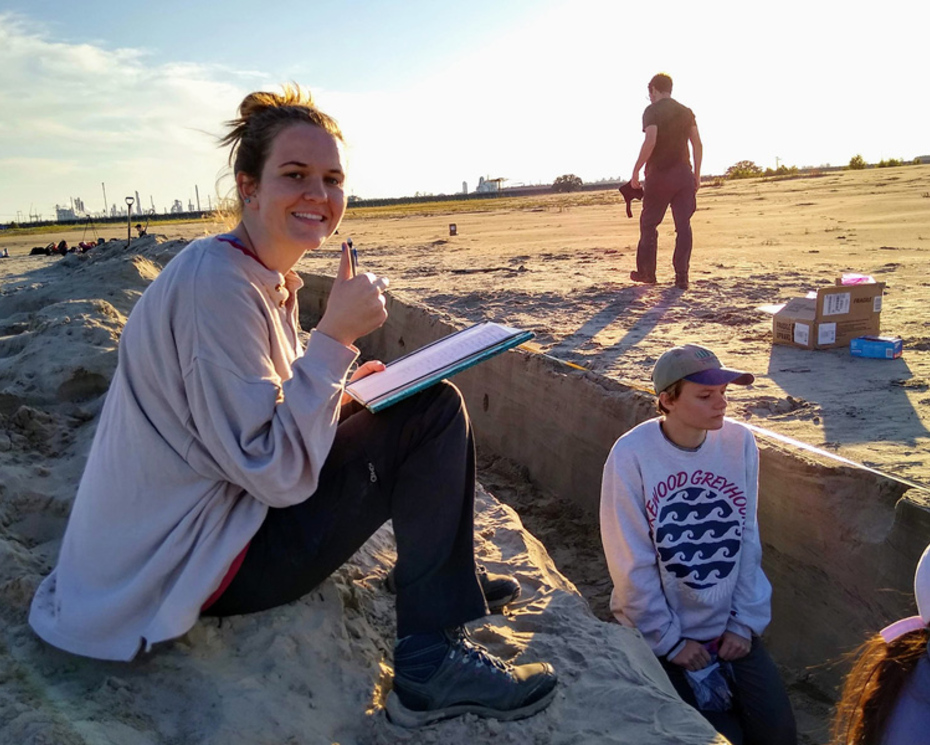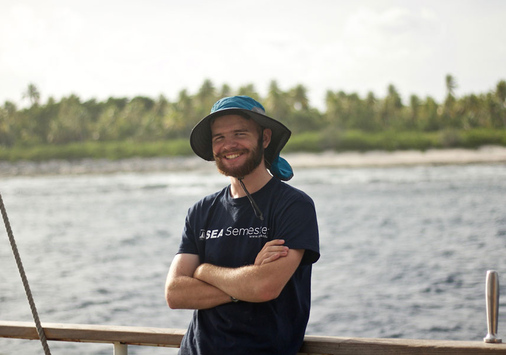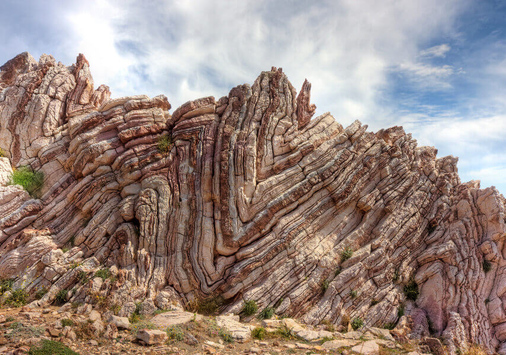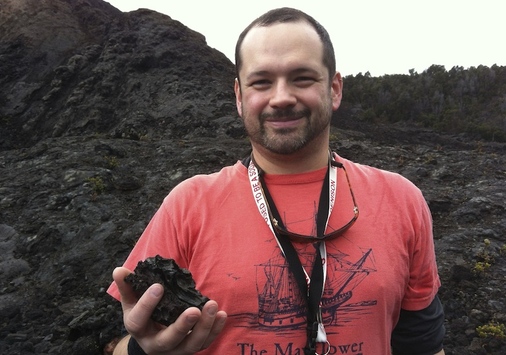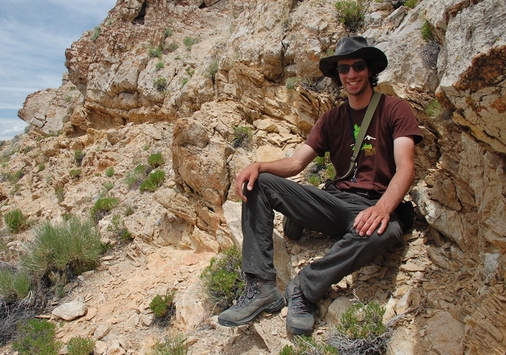Kelly Rose ‘96, a geology, geo-data science researcher with NETL’s Research Innovation Center, recently published an article outlining ways in which machine learning can be used to predict and prevent oil spills.
Rose’s research focuses on using geologic and geospatial science to reduce uncertainty about, characterize and understand spatial relationships between energy and engineered-natural systems at a range of scales.
Her work involves development of new data-driven methods and tools for analysis of offshore energy, oil & gas, rare earth elements, groundwater, carbon storage, and geothermal systems.
She has served on various governmental and academic advisory committees and is associate editor for the Journal of Sustainable Energy Engineering, Rose has co-authored one patented, eight trademarked, and two copyrighted custom tools, and more than 100 published technologies and studies. She holds geology degrees from Denison University (BS), Virginia Tech (MS), and Oregon State University (Ph.D.).
The article, cited in World Oil, notes:
“NETL’s geo-data science experts developed novel data computing solutions available for licensing that address comprehensive earth, energy, environmental and engineering needs. These innovative tools offer accurate science-based data, analysis, and prediction for Earth-energy applications—including AI and data analytics capabilities—to industry, governments, researchers and other stakeholders requiring research-driven data for energy operations.
“These tools, along with NETL’s efforts to study and characterize subsurface resources like the Gulf of Mexico, demonstrate NETL’s abilities to monitor, analyze and predict the physical, chemical and biological structures and functions of complex environments, from field-scale down to the molecular level. This meets the DOE’s Office of Fossil Energy’s mandate to produce technological solutions for America’s fossil energy challenges, including offshore risk mitigation.”
